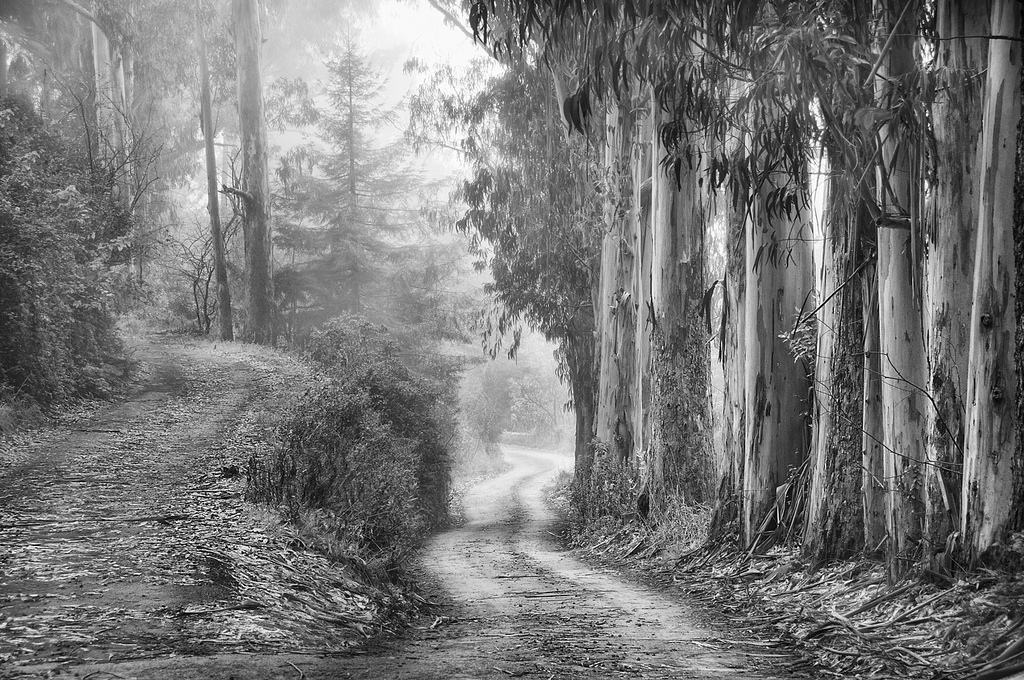Shopping in the time of the Coronavirus starts with questions. How safe is it to go shopping? What is the risk-reward profile? Where are we on the curve of the pandemic?
What will be in stock? How long will the line to get in be? Will the store enforce the mandatory six-feet of separation? And, most of all, will someone sneeze and infect me (infecting my family, with me as the unintentional vector)?
We are shopping for eight people.
The logistics of hygiene are formidable. We have N-95 masks in the car and a box of nitrile gloves. I leave everything at home that is non-essential to avoid having to wipe down anything extra.
We get up early and dress in clothes that will be easy to strip for washing before reentering the house. My wedding ring comes off, and stays home.
We are ninjas. Queue the Mission Impossible music. We will rise before dawn and get there before the line.
When we get there, the line already snakes around the parking lot. There’s confusion, cars trying to drive through the line of people, a few outliers trying to cut into line.
Inside the store there’s a drive like a cattle stampede or a quickly darting shoal of fish, most wearing strange masks and gloves, towards the paper products. We are there early, in the special hours for old people, but there isn’t any toilet paper.
Come the Zombie Apocalypse I would consider going for the chocolate and cognac. It’s not clear to me that extra-soft TP would be my top priority.
The wine aisles are ransacked. There are no beans of any sort. There’s one box of UHT milk, one chicken pack, and one nasal-spray pack per party.
We spend close to a thousand dollars, and consider it money well spent. We are of course lucky to have it to spend this way.
Like the folks that locked themselves in a deep mine for 5,000 years to survive catastrophe in Neal Stephenson’s Seveneves, we are considering locking our garden gate behind us until this is all over.

Except this is probably a fantasy.
Before leaving the parking lot, car door handles get wiped down with bleach, and gloves come carefully off and into a trash can.
Dropping some of the food off at my parents’ house, I leave their case of wine in the carport. We carry the food up to the front door and wave through the glass, leaving quickly so as not to risk any contact when they open the door.
They are querulous. They prefer fresh fruit and produce to the frozen stuff (who doesn’t?), and have been avoiding tuna and swordfish up to now because of mercury. Later, I’m told the tuna tastes good (at least it doesn’t have good taste, as the ad from my childhood declaimed), but I am sure they still are concerned about the mercury and too polite to say so.
In their nineties, my parents have been thrust into this new, impossible world. I feel that a bit of grumpiness is perfectly appropriate.
As one gets older, I do think that change is more difficult, and that it is harder to be flexible.
The only places I’ve ever personally seen food shortages and lines like this are in Cuba and Haiti.
Next stop is home. We do the hygiene protocol in reverse. Doors were left unlocked on latch. We bring the stuff into the kitchen, being careful to not let the kids touch it to help carry, even though they are eager to help.
The 50lb bag of sushi rice feels like it weighs fifty pounds at least when I carry it in. Good thing I’ve been practicing those farmer carries.
We go round to the front and strip buck naked. Everything is off, including shoes.
Then it’s into the shower, wash everything including hair and under nails, back into the kitchen. Unload everything out of cartons, squash the cartons into recycle, wash down again, and package the food into fridge, freezer, and pantry.
The past has gone irrevocably. This is the present. The future hasn’t come into focus yet. There are forks on the road ahead.

Pingback: This Too Shall Pass—and What Then?
Pingback: Joy to the World in Flowers!